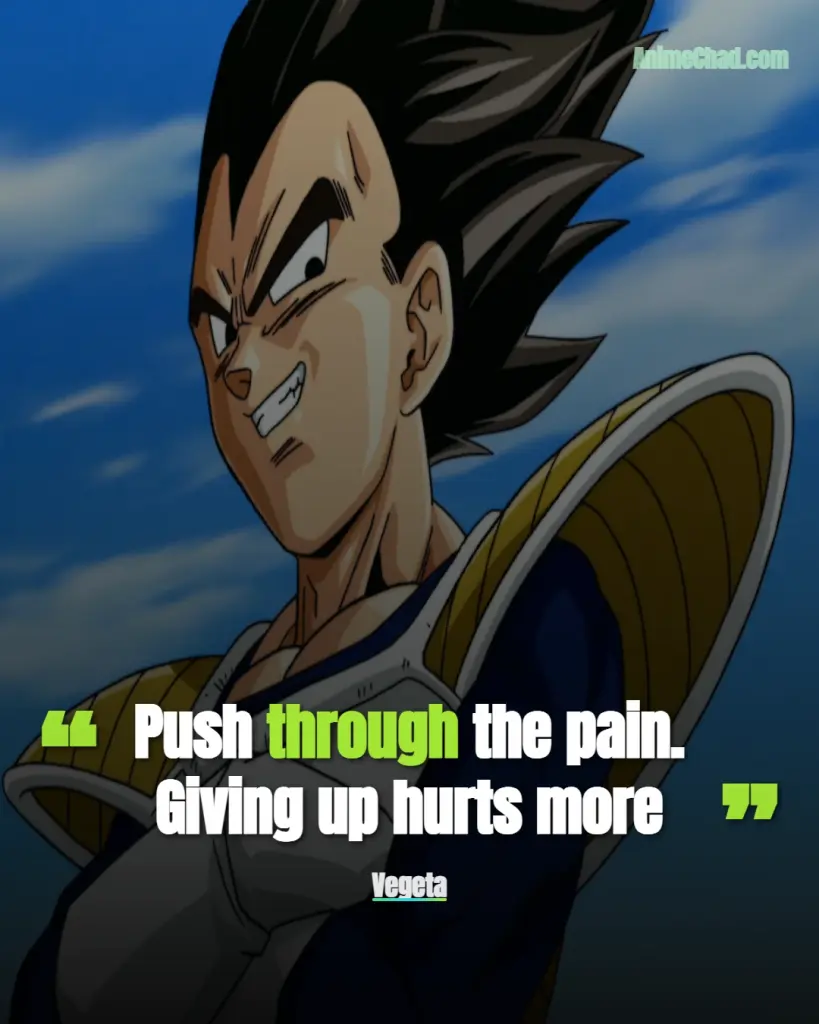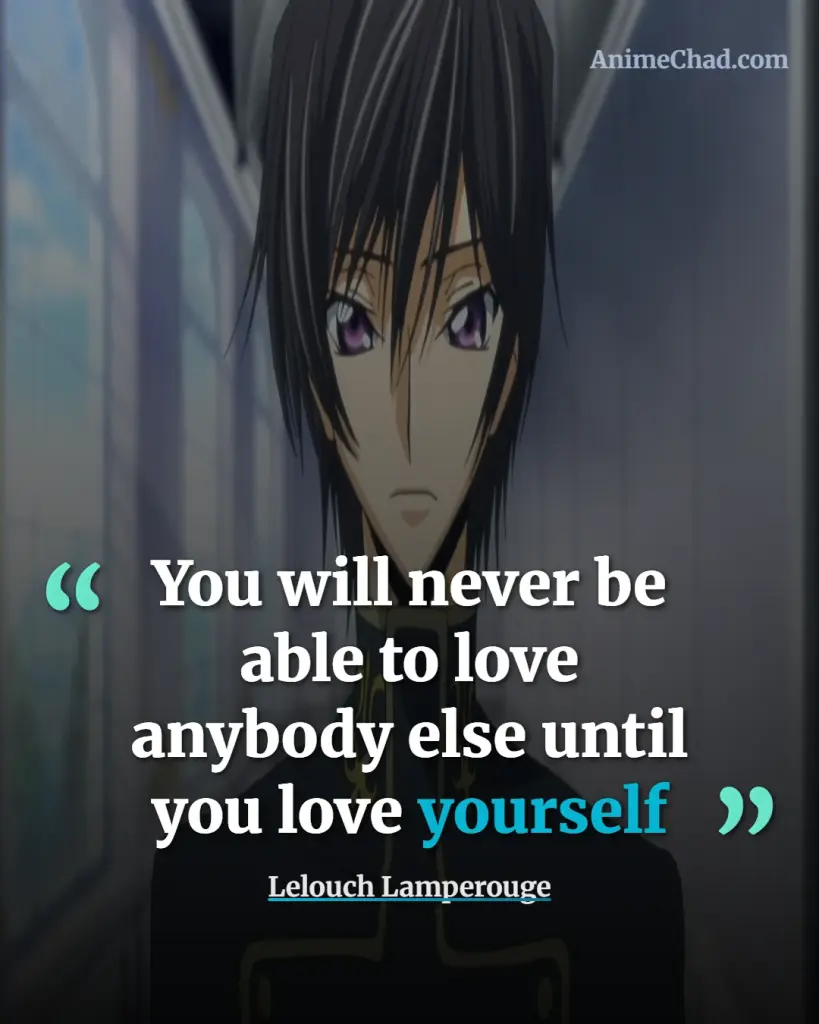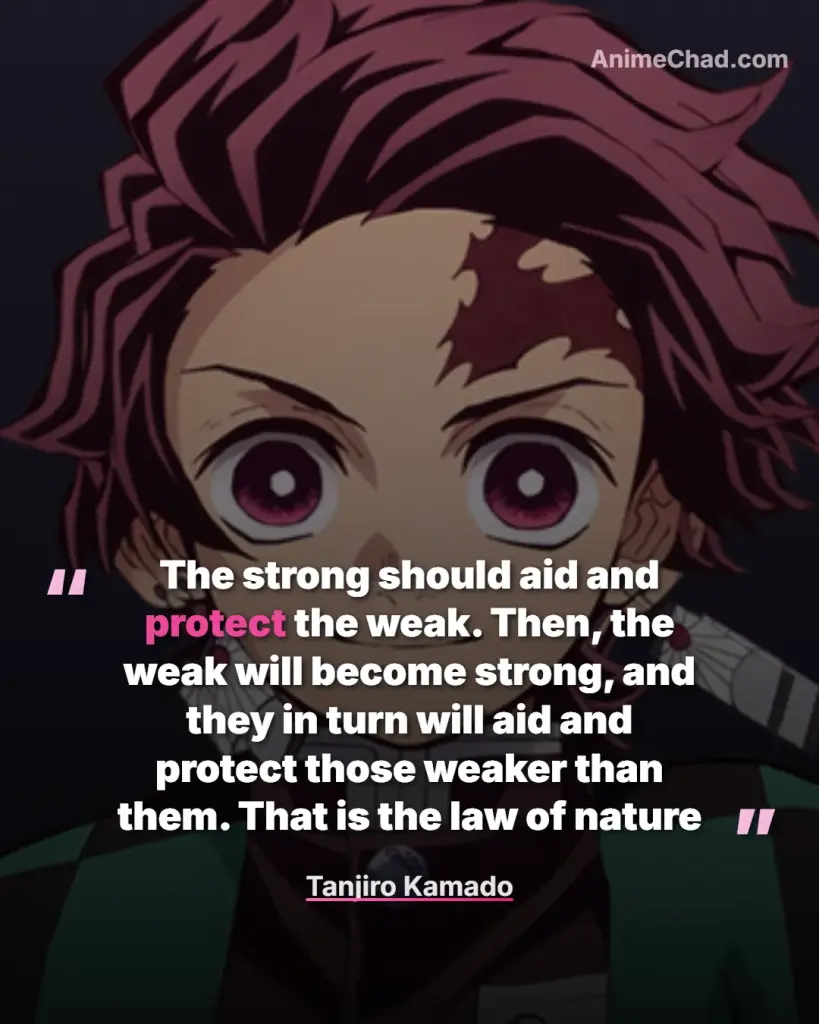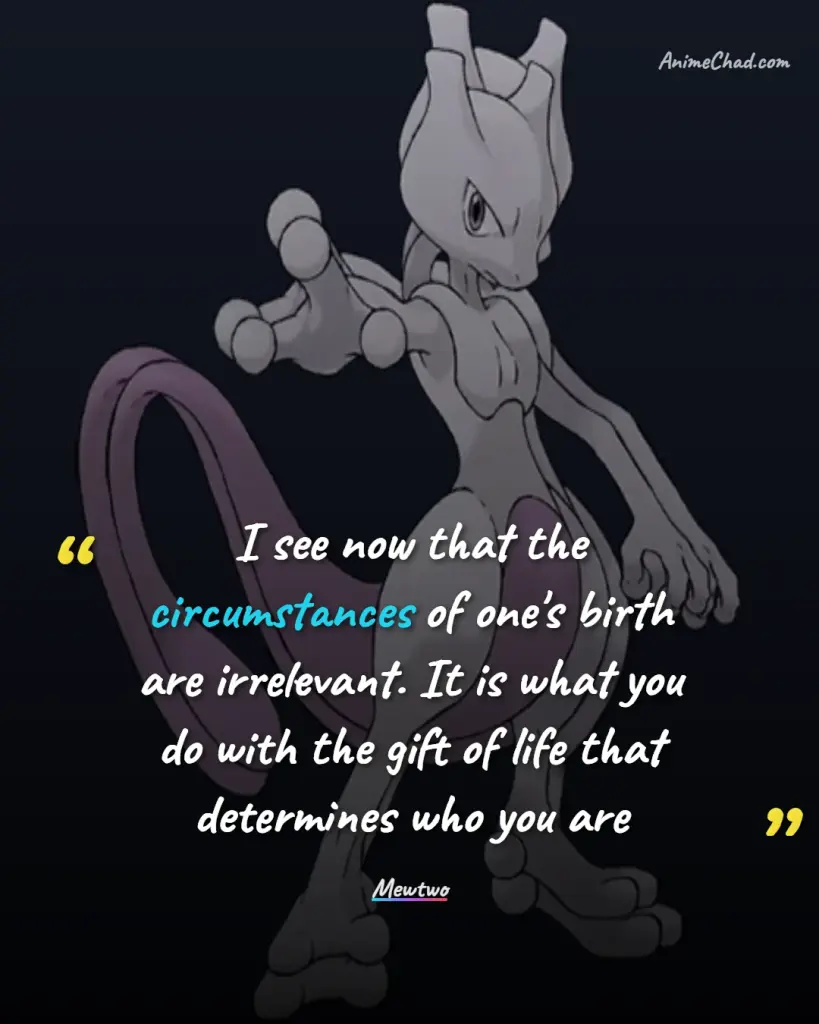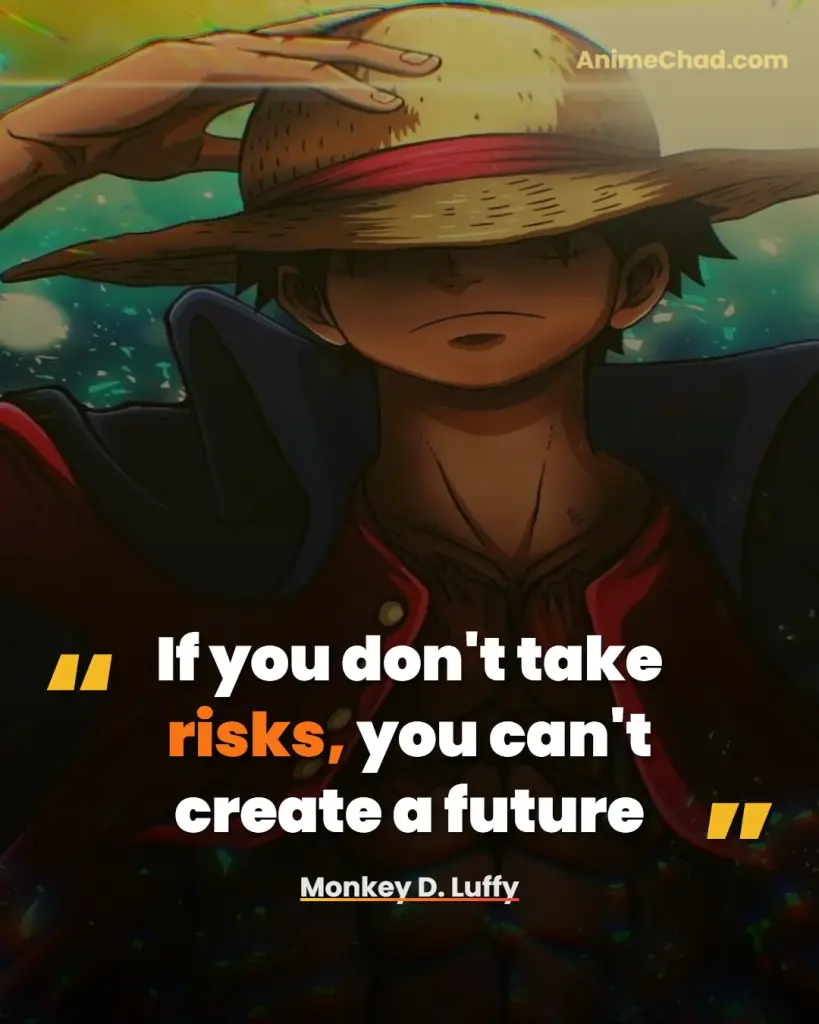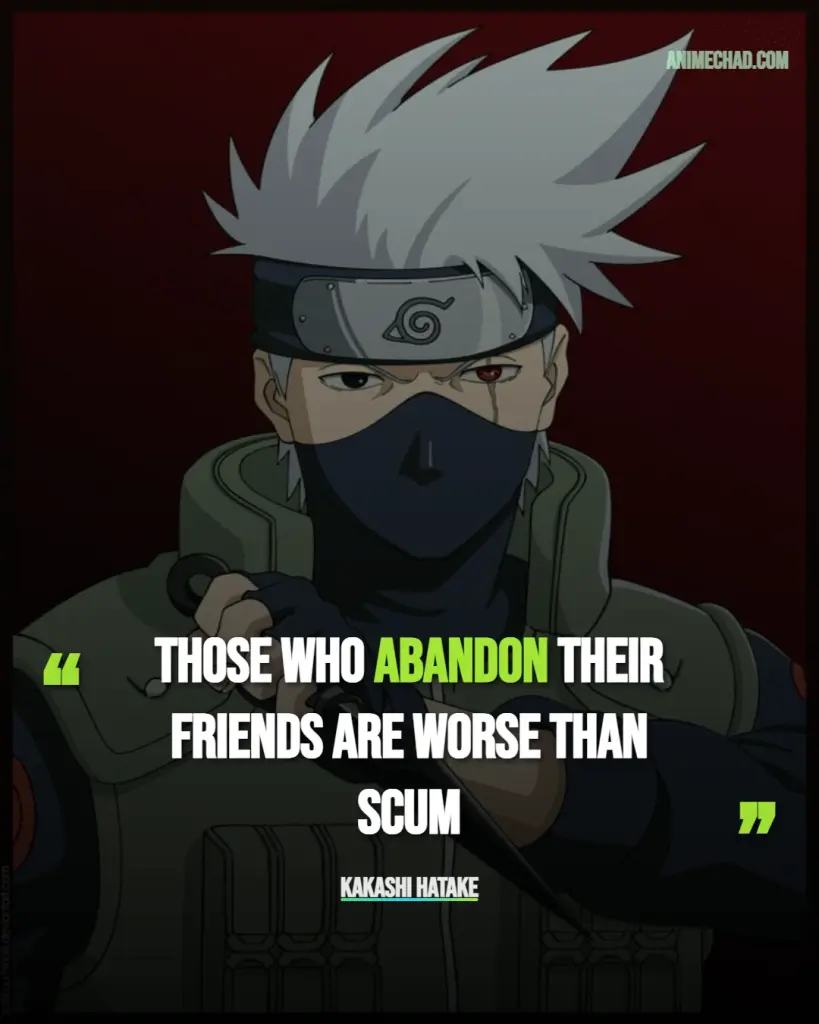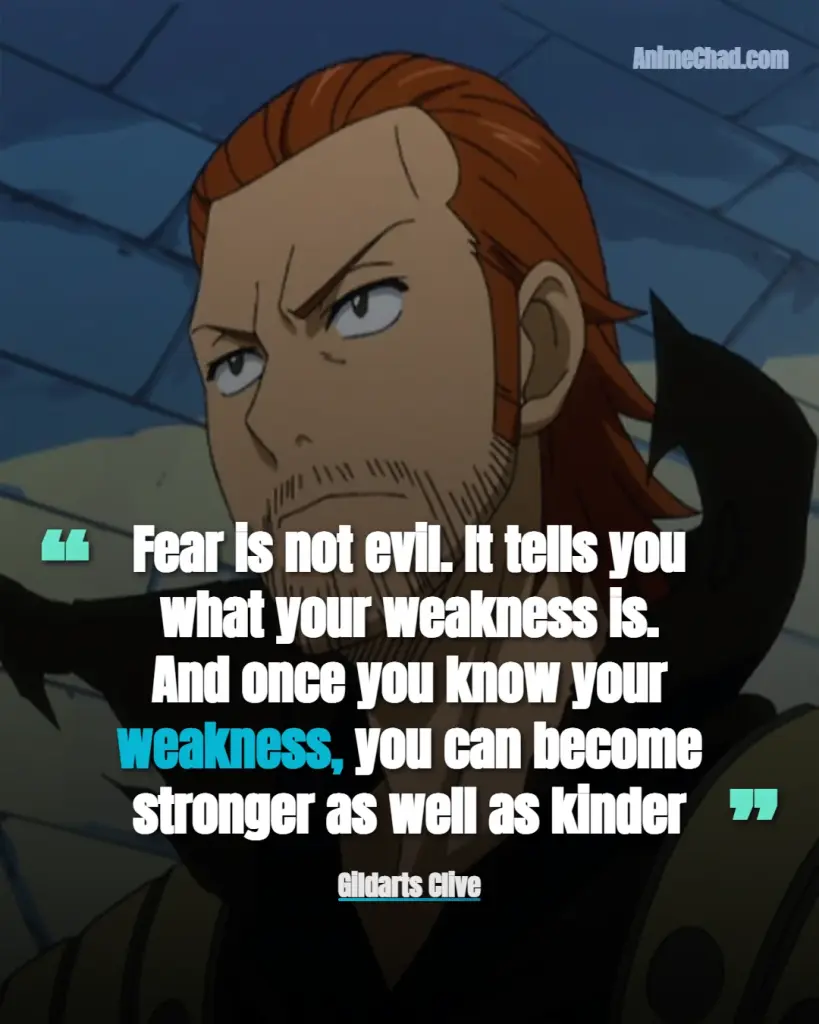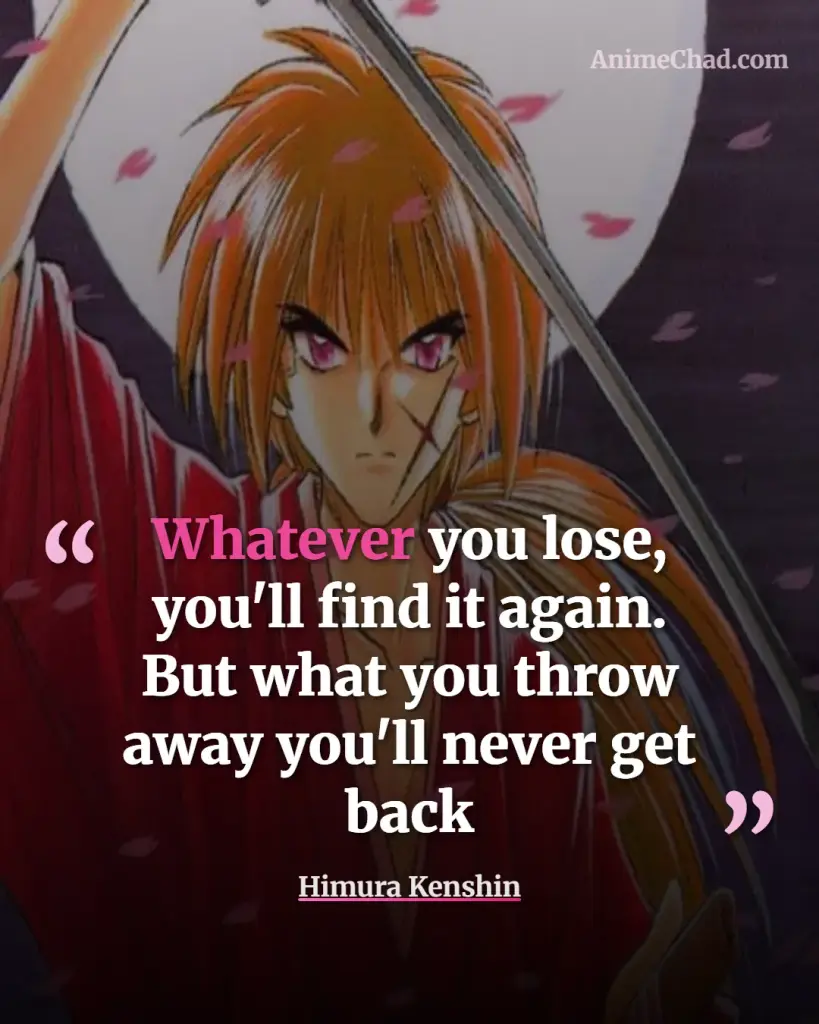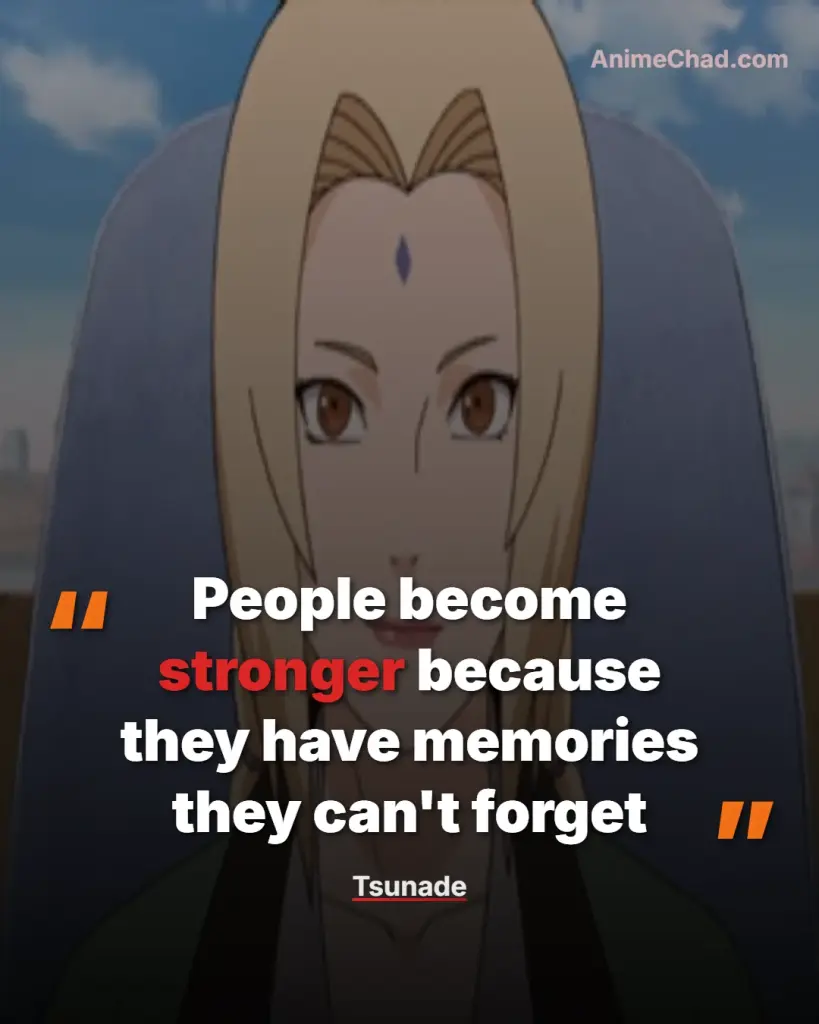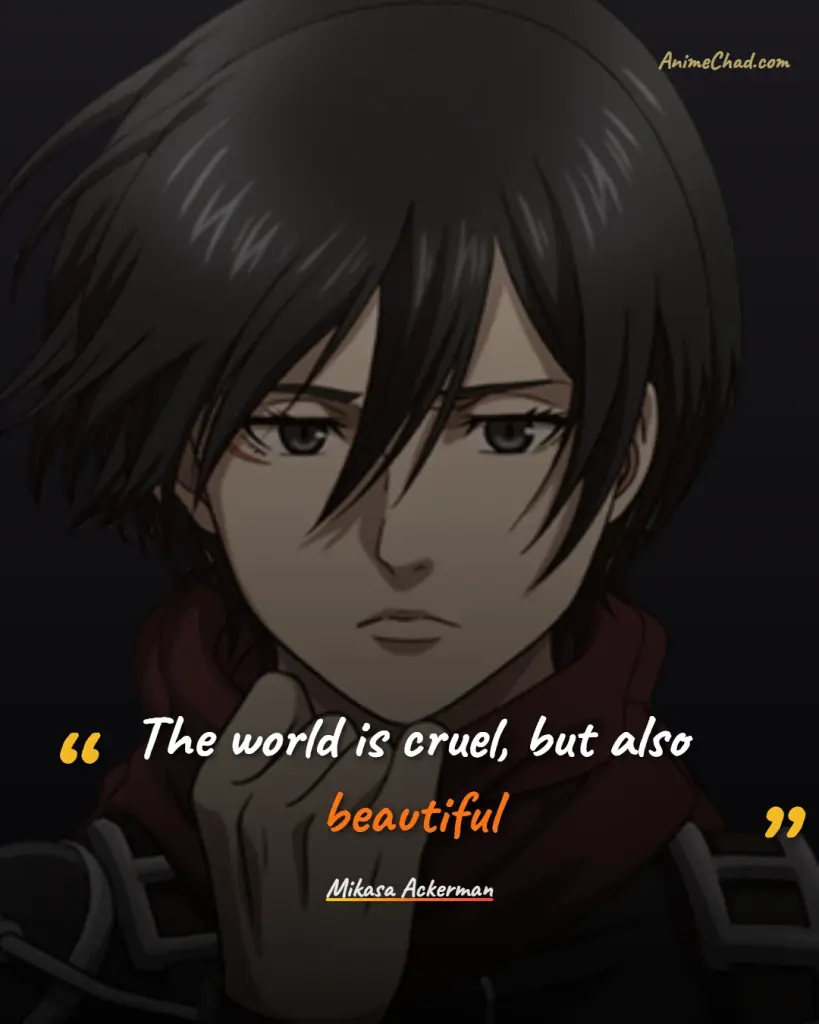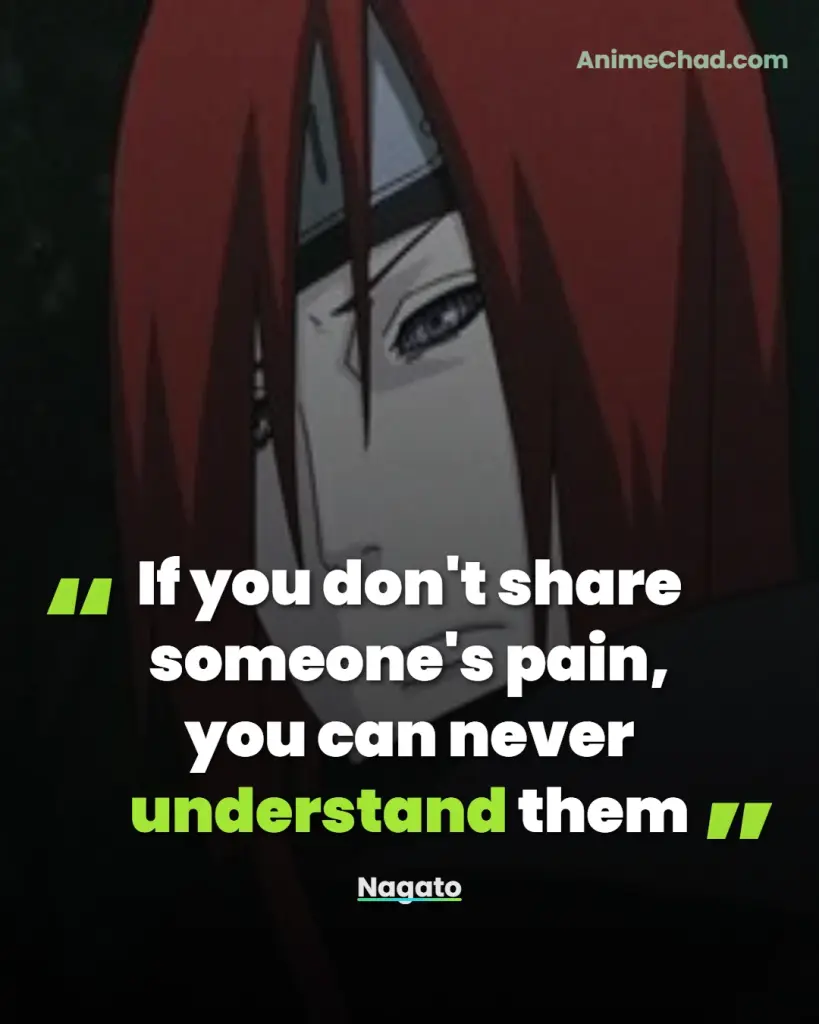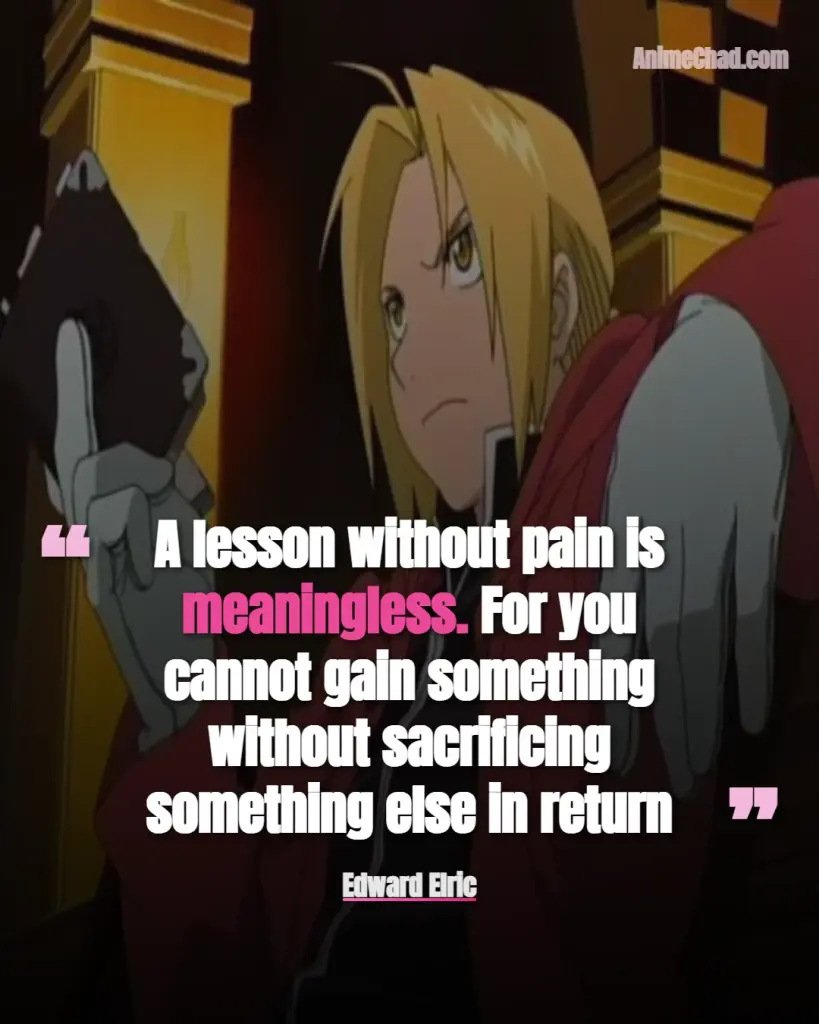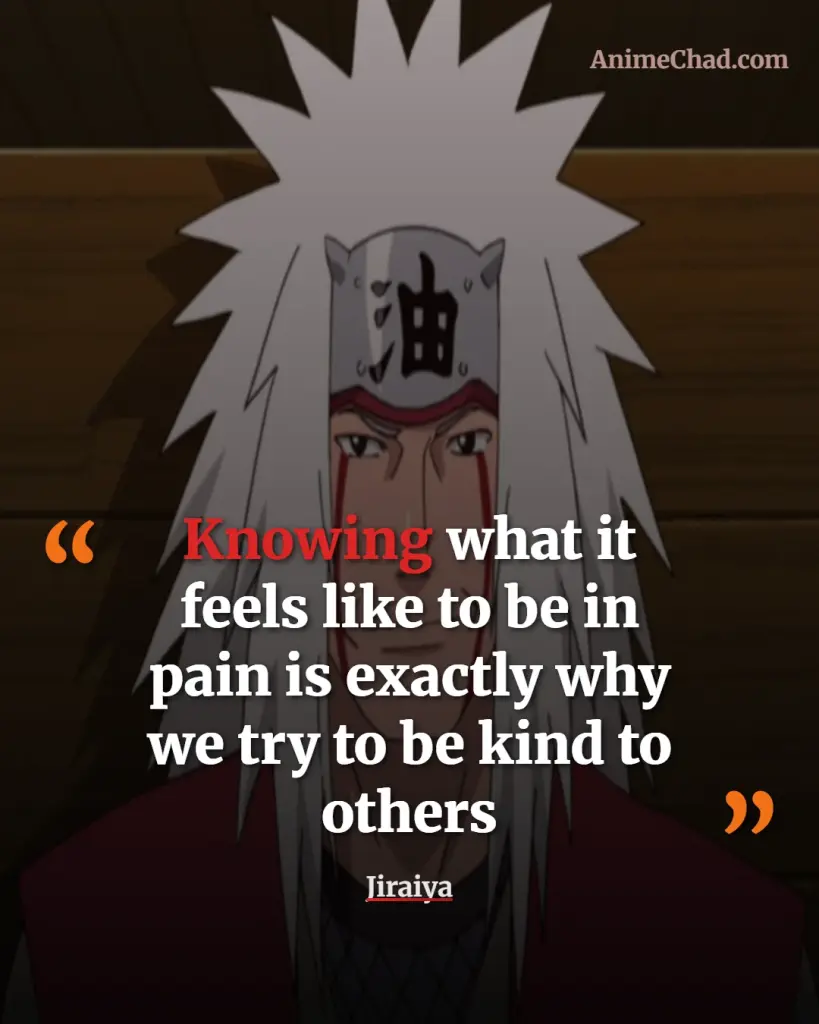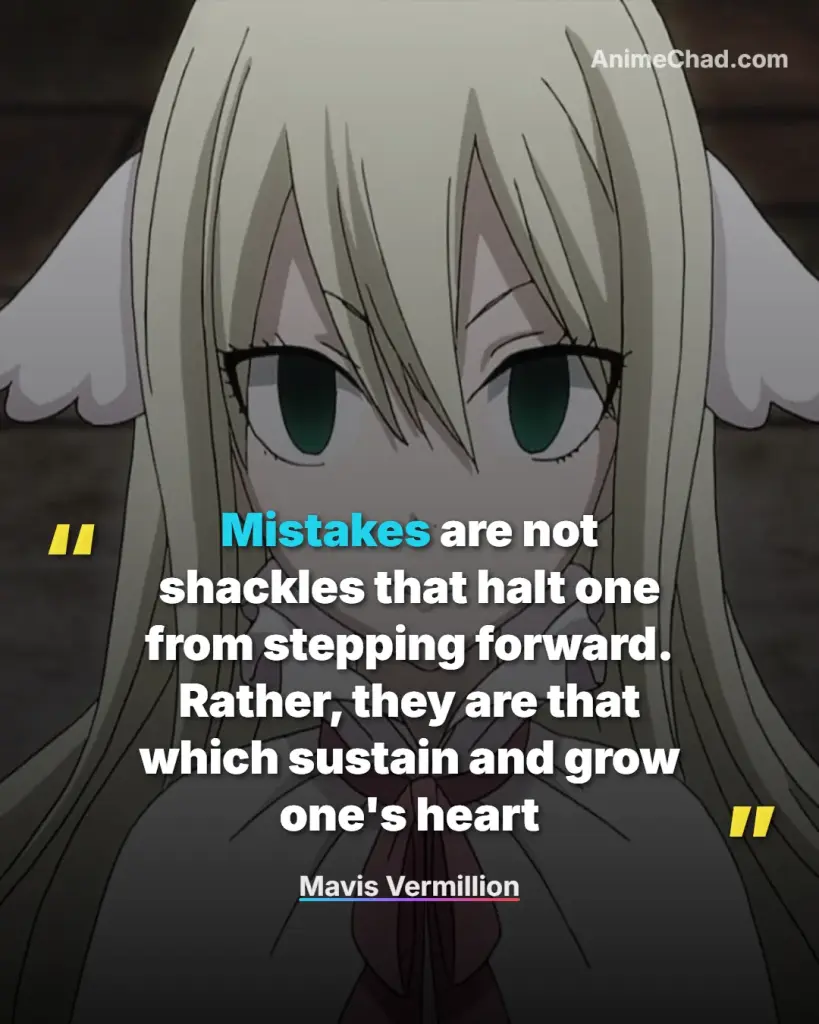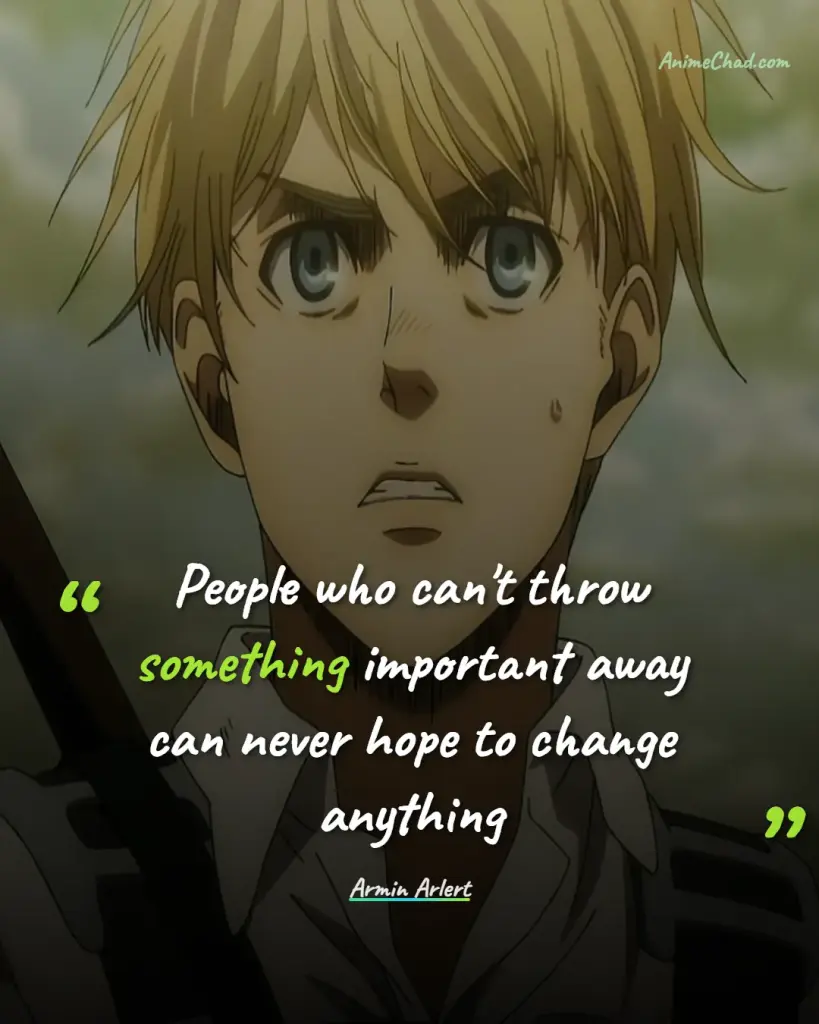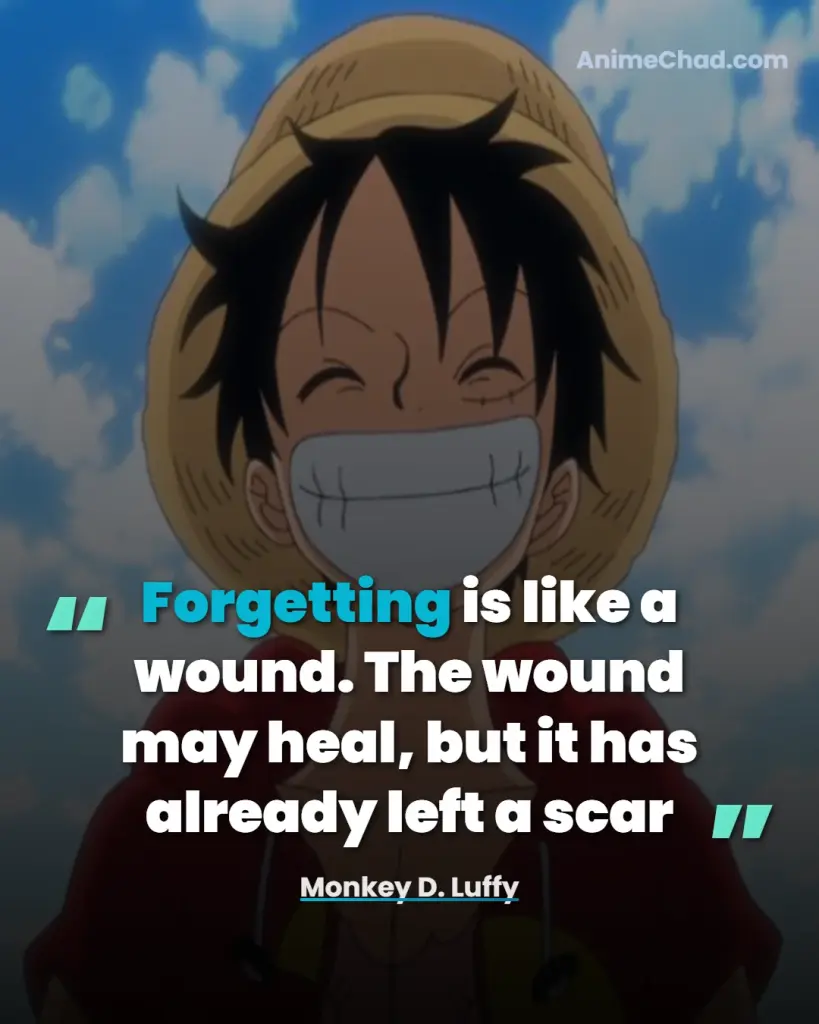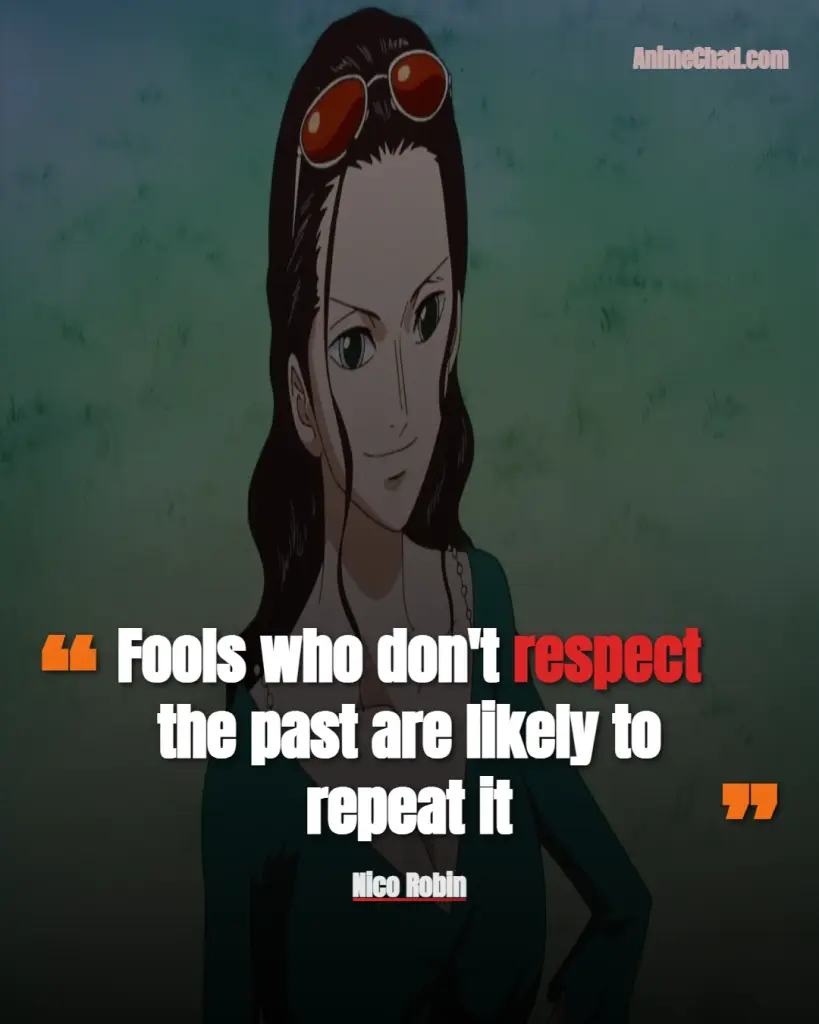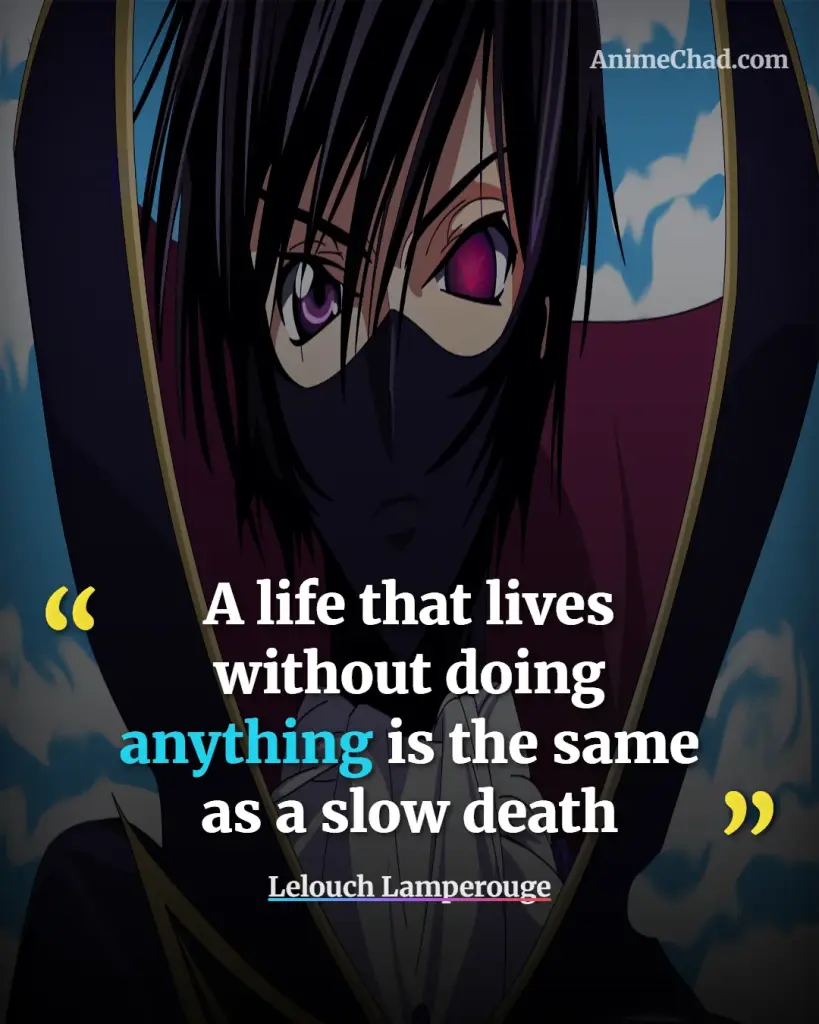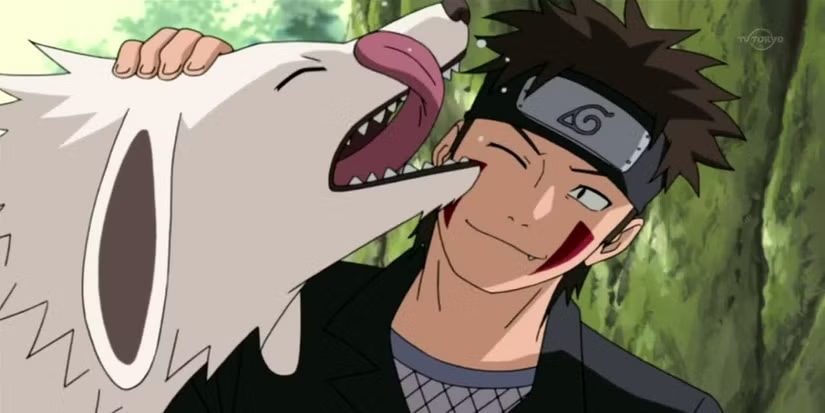Anime captivates audiences worldwide with its rich storytelling, blending action, emotion, and philosophy across series like Naruto, One Piece, Attack on Titan, and Demon Slayer. These narratives explore profound themes such as perseverance, self-identity, the cycle of strength and weakness, and the human struggle for freedom and understanding.
This curated collection of 25 deep quotes highlights pivotal moments of character development, emotional resonance, and broader life lessons, drawing from canonical anime sources to inspire reflection.
Don’t believe in yourself. Believe in me! Believe in the Kamina who believes in you!
Episode Details: Episode 1 (Bust Through the Heavens with Your Drill!)
Speaker: Kamina
Context: Kamina’s rallying cry empowers Simon during a desperate escape, fostering growth from doubt to self-reliance in Gurren Lagann’s theme of breaking limits.
No matter how messed up things get, you can always figure out the best solution
Episode Details: Episode 80 (The Day a Nation Was Born)
Speaker: Eren Yeager
Context: Eren’s optimistic resolve during a Titan assault highlights his evolution from vengeance to strategic hope, tying into Attack on Titan’s survival themes.
Push through the pain. Giving up hurts more
Episode Details: Episode 291 (The Final Showdown! Collision of Saiyan Pride!)
Speaker: Vegeta
Context: Vegeta’s motivational push in a fierce battle reflects his pride-driven development, emphasizing resilience in Dragon Ball Z’s pursuit of strength.
You will never be able to love anybody else until you love yourself
Episode Details: Episode 25 (The Day a Demon Was Born)
Speaker: Lelouch Lamperouge
Context: Lelouch’s introspective advice underscores his internal conflict and growth, connecting to Code Geass’s themes of self-worth amid rebellion.
The strong should aid and protect the weak. Then, the weak will become strong, and they in turn will aid and protect those weaker than them. That is the law of nature
Episode Details: Episode 24 (The Battle of Tengen Pass)
Speaker: Tanjiro Kamado
Context: Tanjiro’s compassionate vow in a demon fight shows his empathetic development, reinforcing Demon Slayer’s cycle of kindness and strength.
You’re gonna carry what other people think and be someone you’re not your whole life? You’re fine as you are. So, talk in your own words
Episode Details: Episode 21 (Declaration of War)
Speaker: Ymir
Context: Ymir’s urging to Historia promotes authenticity, marking her shift from isolation to connection in Attack on Titan’s identity themes.
I see now that the circumstances of one’s birth are irrelevant. It is what you do with the gift of life that determines who you are
Episode Details: Pokémon: The First Movie (Mewtwo Strikes Back)
Speaker: Mewtwo
Context: Mewtwo’s epiphany after a destructive battle signifies redemption and self-definition, echoing Pokémon’s broader exploration of purpose.
If you don’t take risks, you can’t create a future
Episode Details: Episode 21 (The Battle of the Grand Line)
Speaker: Monkey D. Luffy
Context: Luffy’s bold declaration in a high-seas clash inspires crew loyalty, highlighting One Piece’s adventure and dream-pursuit themes.
Those who abandon their friends are worse than scum
Episode Details: Episode 5 (You Failed!)
Speaker: Kakashi Hatake
Context: Kakashi’s lesson to Team 7 establishes loyalty’s emotional weight, driving Naruto’s themes of bonds and redemption.
Fear is not evil. It tells you what your weakness is. And once you know your weakness, you can become stronger as well as kinder
Episode Details: Episode 364 (The Ties That Bind)
Speaker: Gildarts Clive
Context: Gildarts’ advice in a heartfelt moment aids Natsu’s growth, connecting to Fairy Tail’s balance of power and compassion.
Whatever you lose, you’ll find it again. But what you throw away you’ll never get back
Episode Details: Episode 47 (The End of the Battle! Ouka Shichibukai)
Speaker: Himura Kenshin
Context: Kenshin’s reflective warning post-battle emphasizes regret’s impact, tying into Rurouni Kenshin’s atonement and peace themes.
People become stronger because they have memories they can’t forget
Episode Details: Episode 478 (The Devil’s Fist – A Cry in Despair)
Speaker: Tsunade
Context: Tsunade’s insight during a village crisis highlights resilience from loss, advancing Naruto’s arc of healing through remembrance.
Don’t be so quick to throw away your life. No matter how disgraceful or embarrassing it may be, you need to keep struggling to find your way out until the very end
Episode Details: Episode 130 (Father and Son)
Speaker: Claude Faustus
Context: Claude’s grim counsel in a tense standoff underscores perseverance, reflecting Black Butler’s dark themes of survival and duty.
The world is cruel, but also beautiful
Episode Details: Episode 25 (The Birth of a Vengeful Child)
Speaker: Mikasa Ackerman
Context: Mikasa’s poignant realization amid tragedy shows her emotional depth, central to Attack on Titan’s duality of despair and hope.
If you don’t share someone’s pain, you can never understand them
Episode Details: Episode 135 (Longing for Peace)
Speaker: Nagato
Context: Nagato’s confession in a peaceful confrontation reveals his tragic development, linking to Naruto’s empathy and cycle-breaking themes.
Simplicity is the easiest path to true beauty
Episode Details: Episode 12 (The Hand Island Adventure)
Speaker: Seishuu Handa
Context: Handa’s serene reflection during island life promotes inner peace, highlighting Barakamon’s growth through humility and creativity.
A lesson without pain is meaningless. For you cannot gain something without sacrificing something else in return
Episode Details: Episode 63 (The Truth)
Speaker: Edward Elric
Context: Edward’s hard-learned wisdom post-alchemy failure drives his maturity, embodying Fullmetal Alchemist’s equivalent exchange philosophy.
Knowing what it feels like to be in pain is exactly why we try to be kind to others
Episode Details: Episode 500 (The Life of the Shinobi)
Speaker: Jiraiya
Context: Jiraiya’s mentor moment emphasizes compassion from suffering, advancing Naruto’s themes of kindness amid hardship.
Mistakes are not shackles that halt one from stepping forward. Rather, they are that which sustain and grow one’s heart
Episode Details: Episode 176 (The Past)
Speaker: Mavis Vermillion
Context: Mavis’ encouraging words in a guild crisis foster forgiveness, tying into Fairy Tail’s emotional healing and unity.
No matter how many weapons you have, no matter how great your technology might be, the world cannot live without love
Episode Details: Episode 1 (Castle in the Sky)
Speaker: Sheeta
Context: Sheeta’s plea during an aerial pursuit highlights love’s triumph, central to Laputa: Castle in the Sky’s harmony themes.
People who can’t throw something important away can never hope to change anything
Episode Details: Episode 27 (Flame of Rebellion)
Speaker: Armin Arlert
Context: Armin’s strategic insight in a Titan battle shows his intellectual growth, reflecting Attack on Titan’s sacrifice for progress.
Forgetting is like a wound. The wound may heal, but it has already left a scar
Episode Details: Episode 325 (The Silent Giants)
Speaker: Monkey D. Luffy
Context: Luffy’s rare introspection post-loss underscores enduring pain, connecting to One Piece’s themes of memory and resilience.
You need to accept the fact that you’re not the best and have all the will to strive to be better than anyone you face
Episode Details: Episode 218 (Clash! Luffy vs. Garp)
Speaker: Roronoa Zoro
Context: Zoro’s determined vow after defeat drives his discipline, embodying One Piece’s relentless self-improvement.
Fools who don’t respect the past are likely to repeat it
Episode Details: Episode 146 (Inherited Will)
Speaker: Nico Robin
Context: Robin’s historical warning in a calm exploration moment ties to One Piece’s legacy and learning from history.
A life that lives without doing anything is the same as a slow death
Episode Details: Episode 50 (The Rebellion Begins)
Speaker: Lelouch Lamperouge
Context: Lelouch’s motivational decree sparks rebellion, highlighting his transformation and Code Geass’s pursuit of meaningful existence.




